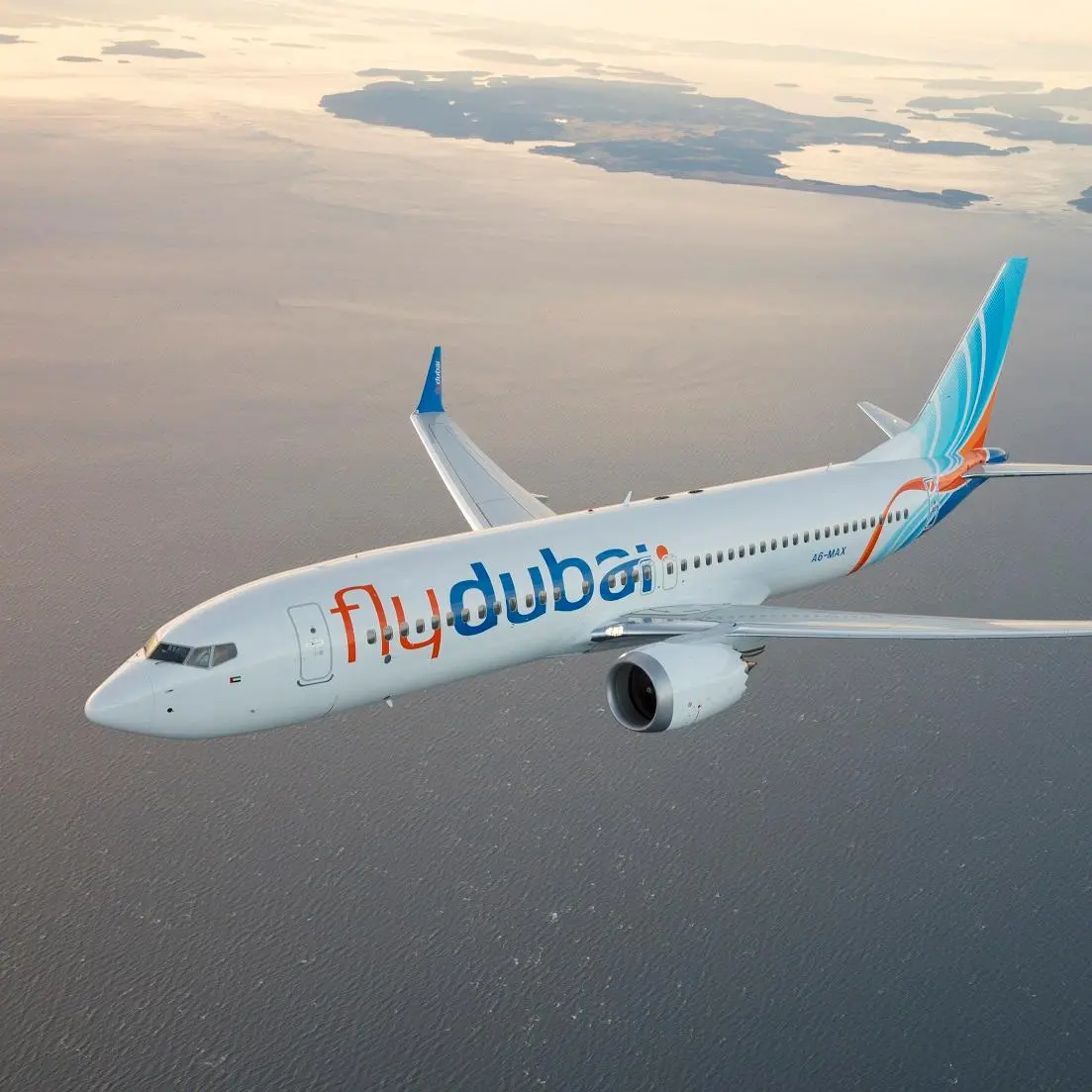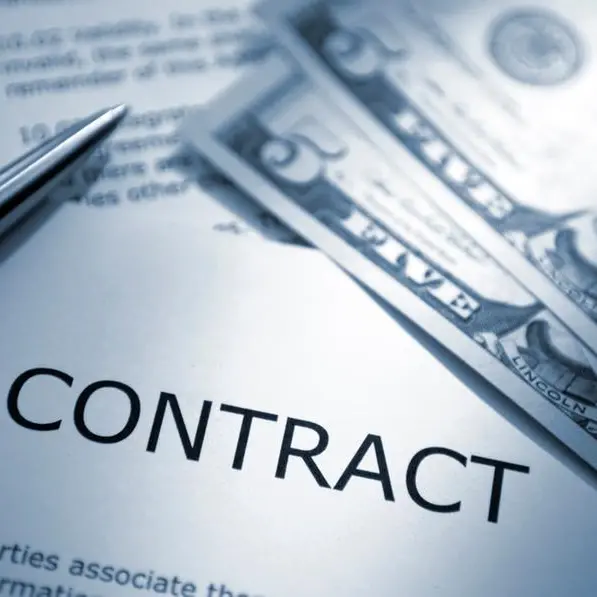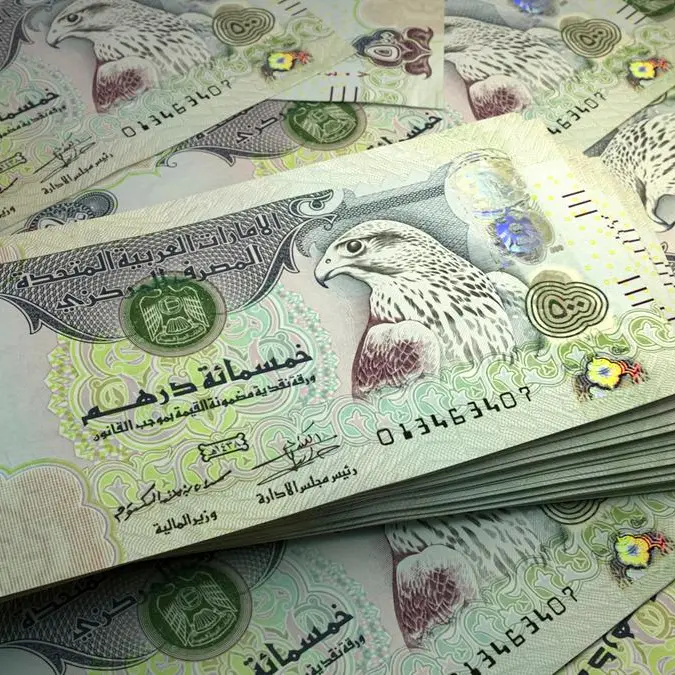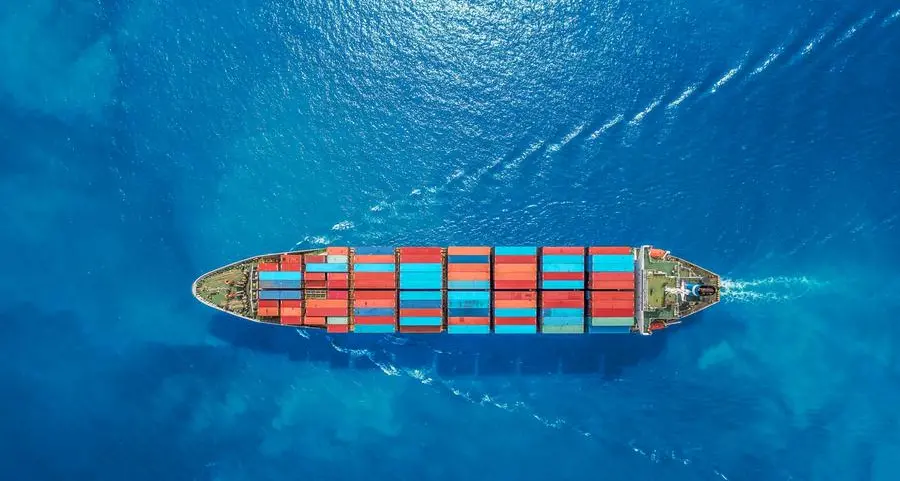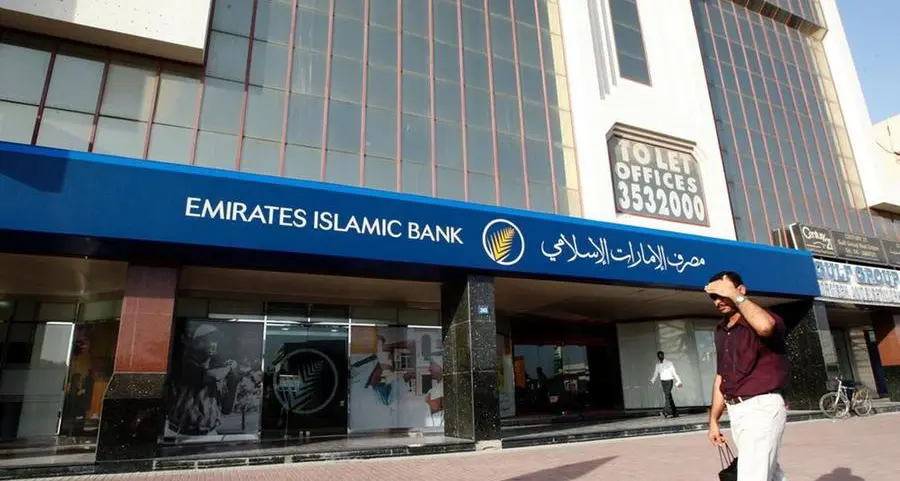MOSCOW- Russian oil pipeline monopoly Transneft faces claims of up to $1 billion related to contaminated oil, more than double its own estimates, industry sources said, setting the stage for protracted haggling with oil suppliers.
Up to 5 million tonnes of tainted Russian oil was contaminated en route to central Europe via the Druzhba pipeline. Organic chlorides were found in Urals crude export flows in late April last year.
State-owned Transneft, the supplier of Urals crude to Russia's Baltic port of Ust-Luga, as well as the operator of the Druzhba pipeline, has set aside 23 billion roubles ($371 million) for compensation related to tainted oil.
The company, headed by Nikolai Tokarev, a close ally of Russian President Vladimir Putin, has said it would pay compensation of no more than $15 per barrel.
But according to multiple oil company, industry and trading sources, as well as Reuters' own calculations, the claims from Urals buyers, on average, stand at around $30-$40 per barrel, or at almost $1 billion.
It was agreed at a meeting in June, that buyers such as BP, Shell Total, Eni and PKN Orlen would put forward claims to Russian suppliers, while Transneft agreed to bear the brunt of the contamination-related costs.
Russian exporters, such as Rosneft ROSN.MM , would then address buyers' claims to Transneft for compensation.
"We confirm that we filed our claims for contaminated Russian oil. ... Because of commercial reasons we are not able to provide details about the amounts claimed," an Eni spokesman said.
BP and Total did not respond to requests for comment. Shell declined to comment. Poland's PKN Orlen filed its claims in December.
Rosneft said in November it had continued to receive claims from customers. urn:newsml:reuters.com:*:nL8N27M2NX
Russia's Surgutneftegaz declined to comment. Russneft said it has not asked Transneft for compensation.
Transneft did not respond to a request for comment.
The company has already agreed with Kazakhstan to pay it $15 for each barrel of tainted oil and has a settlement with Hungary's MOL.
Talks with Rosneft, Russia's top oil producer which also has refineries in Germany, were the most difficult. Rosneft and Transneft have publicly attacked each other since the tainted oil crisis.
Contaminated oil is very difficult to sell as the only way to make it acceptable for a refinery is to mix it with clean oil in a proportion of one to 10, or even more, depending on the organic chloride content in the crude, traders have said.
Buyers have also paid millions of dollars in demurrage charges as tankers are stuck with dirty oil, preventing ship-owners from sending them on new journeys.
($1 = 61.9355 roubles)
(Writing by Vladimir Soldatkin Editing by Susan Fenton) ((vladimir.soldatkin@reuters.com; +7 495 775 12 42;))



